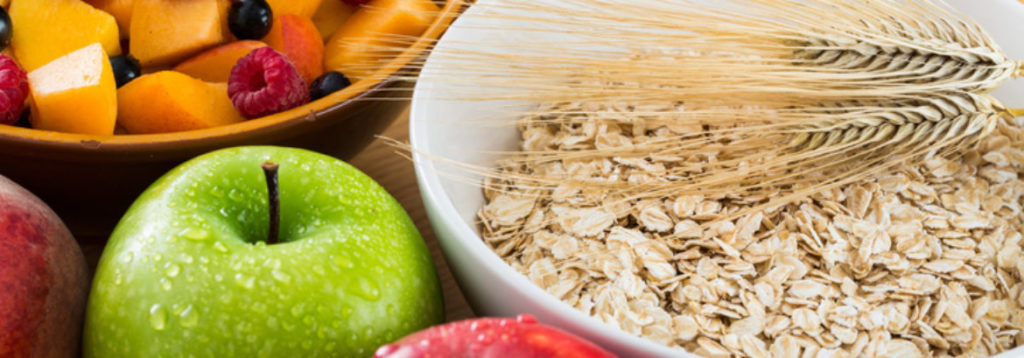You don’t need to be a family dentist in Clackamas to know that what you eat can have a serious impact on the health of your smile.
Ever since childhood, most of us have heard that eating too much sugar will rot our teeth. In actuality, sugar doesn’t cause cavities, but rather contributes to tooth decay by providing harmful bacteria with the fuel it needs to wreak some serious havoc on our oral health.
Plaque – a sticky biofilm made of oral bacteria and food particles that linger in the mouth after eating – transforms the sugars we consume into an acid that slowly destroys our enamel. When we eat diets high in artificially added sugars, we provide plaque with all of the fuel it needs to cause tooth decay and cavities.
Of course, plaque attacks don’t just impact the health of our teeth, they also impact our gum health as well. Plaque causes gum tissue to become irritated and inflamed. This leads to the development of early-stage gum disease known as gingivitis.
So by eating too much sugar on a daily basis we not only increase our risk for tooth decay but also for gum disease as well.
If what we eat can negatively impact our oral health, it only makes sense that eating certain other foods can actually work to improve the health of our teeth and gums.
A recent study has found that a diet rich in plant-based whole foods, omega-3 fatty acid and vitamin D may actually reduce the inflammation caused by gum disease and plaque buildup. Based on the results of this study, researchers recommend that patients suffering from poor oral health should consider talking with their dentist about making the switch to a diet that promotes better gum health.
Your Diet Can Improve Gum Health
As part of the study, 30 patients with early-stage gum disease were randomly assigned to either a control or test group. Prior to the start of the study, each participant underwent a thorough oral evaluation to determine the current state of their oral health.
Researchers assigned the test group to eat a diet low in processed carbs and animal proteins, and rich in omega-3 fatty acid, vitamins D & C, antioxidants, plant fiber and nitrates for one month. The control group continued to eat a normal, western style diet.
During the month-long trial, all participants were asked to stop flossing, and not use any tool or technique to clean between their teeth. Participants were, however, asked to continue brushing as normal.
Based on the initial results, researchers found no difference in the amount of plaque in the mouths of either the control or test group. However, the test groups showed a significant reduction in gum bleeding and inflammation. In addition to the potential benefits this type of diet offered the participant’s oral health, researchers also noted a substantial increase in vitamin D values and weight loss among the test group.
“Study results clearly demonstrate the possibility to naturally reduce gingivitis by an optimized diet that also promotes general health,” wrote the research team. “According to this, dental teams should address dietary habits and give adequate recommendations in the treatment of gingivitis, since it might be a side effect of a pro-inflammatory western diet.”
Protecting Your Oral Health
This study further illustrates the mouth/body connection that exists when it comes to how our oral health can impact the body as a whole. As we have covered before in our family dentist in Clackamas blog, patients who deal with tooth decay and gum disease have a significantly higher risk for developing a range of chronic health conditions that include heart disease, stroke, diabetes, dementia, arthritis, and cancer.
For patients who have developed early-stage gum disease, a change in diet can dramatically reduce their risk for these types of health problems, and for having their gingivitis progress into the far more serious periodontitis. By eliminating added sugar in the form of soft drinks, sports drinks, candy, carbohydrates and other types of foods commonly associated with a Western diet, you can better prepare the foundation for enjoying a great-looking, healthy smile for a lifetime.
If you have any questions about how your diet can impact your oral health, make sure to ask Dr. Seuss during your next appointment.

